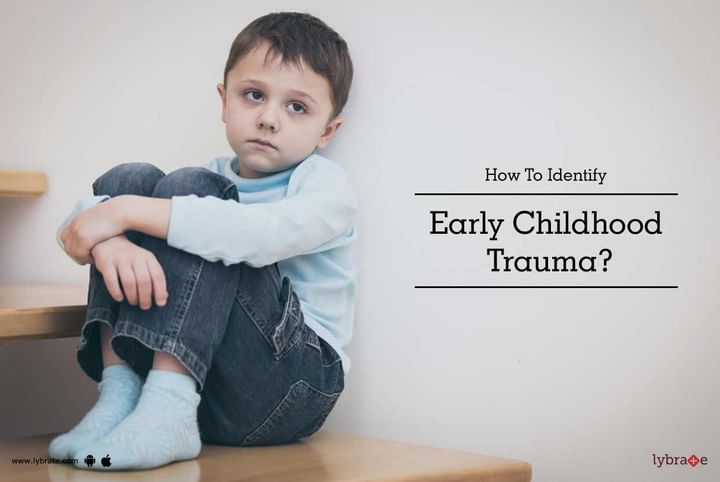How To Identify Early Childhood Trauma?
The problem of early childhood trauma refers to disturbing experiences that take place in children during 0-6 years of age. The traumas that young children experience can be the effects of natural disaster, war or accidents or that of intentional violence like sexual abuse, domestic violence or physical abuse.
What Does this Condition Impact Childhood?
Traumatic events have a significant impact on your child's life and can break his sense of safety. The problem has been linked with a decrease in the size of the brain cortex. This is the part of the brain that controls several complex functions like thinking, consciousness, memory, attention, awareness, and language. The changes that occur as a result can affect your child's IQ as well as his or her ability to control emotions. As a consequence, he or she may harbor feelings of danger and become more afraid or it may manifest in other personality issues which are not very obvious.
How do you identify this condition?
Generally, children who suffer from traumas face problems in regulating their emotions and behaviors.
They may display signs like:
- Fear of new situations
- Being clingy to their parent(s) or somebody close
- Become easily frightened
- Display aggressive and/or impulsive behavior
- Are difficult to comfort
- Display deterioration in behavior and functioning
- Easily forget newly attained developmental skills
- Difficulty in sleeping
Depending on the age during which your child may go through a traumatic event, he or she can exhibit signs relevant to his or her age.
For instance:
Children aged 0-2 years may also display reactions like poor verbal skills, memory problems, excessive temper, experience nightmares, etc.
On the other hand, children aged 3-6 years can face difficulties in learning as well as develop poor skill and learning disabilities, face problems in social interaction, may be unable to trust people and so on.
If this condition remains unattended or unresolved for longer, it may create personality issues and can deeply impact the individual's relationships, or equations in the society, as they grow up and even after they become adults. In fact, many behavioral problems can be traced back to childhood trauma.
In case you have a concern or query you can always consult an expert & get answers to your questions!



+1.svg)
